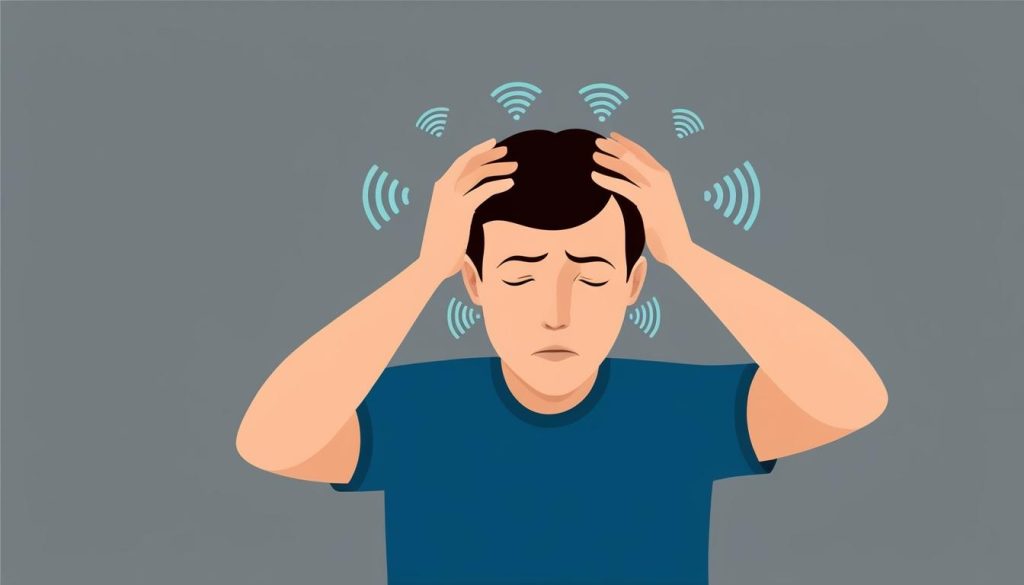**London**: Tinnitus affects over 17% of the population, manifesting as various sounds in the ears. While not always serious, persistent or pulsatile tinnitus may signal underlying conditions requiring medical investigation. Awareness and management are key to maintaining ear health and addressing associated risks.
Tinnitus, commonly referred to as ringing in the ears, is a widespread auditory condition that affects a significant portion of the population, with estimates indicating that over 17% of individuals experience this phenomenon. Characterised by sounds like buzzing, humming, ringing, static, or whooshing, tinnitus can vary greatly in intensity and can occur in one or both ears. The condition may arise from various factors, including age-related hearing loss, prolonged exposure to loud noises, or even simple earwax buildup.
According to a report by the Billings Gazette, while tinnitus is often not indicative of a serious health issue, some underlying causes should be noted. For instance, if tinnitus coincides with new or worsening hearing loss and vertigo, it may be a symptom of Menière’s disease, a disorder affecting the inner ear. Furthermore, current or past ear infections have also been linked to the onset of tinnitus.
Certain medications have been identified as potential triggers for the condition. Notably, high doses of non-steroidal anti-inflammatory drugs (NSAIDs) — such as aspirin, ibuprofen (found in brands like Advil and Motrin), and naproxen (known as Aleve) — can induce tinnitus, particularly when taken over extended periods. Other antibiotics, including azithromycin, clarithromycin, and erythromycin, can similarly lead to symptoms. Generally, discontinuing the medication is effective in alleviating tinnitus symptoms.
However, there is a specific type of tinnitus that warrants immediate medical attention: pulsatile tinnitus. This form of tinnitus is notable for its rhythmic sounds that almost seem to sync with the individual’s heartbeat, often occurring more prominently on one side. Pulsatile tinnitus can be caused by turbulent blood flow through arteries or veins near the ear. Contributing factors may include atherosclerosis, which narrows arteries, or the presence of a twisted, or tortuous, vein that can disrupt smooth blood flow. Other serious health considerations linked to pulsatile tinnitus include anemia, high blood pressure, hyperthyroidism, and, in rare instances, an aneurysm.
Should tinnitus persist, it is advisable for individuals to seek a comprehensive evaluation from a healthcare provider, which typically begins with a hearing test to assess any potential underlying issues. Regular check-ups with healthcare professionals are crucial not only for diagnosing tinnitus but also for maintaining overall ear health, including management of earwax, which plays a vital role in protecting the ear canal from damage and infection. Proper earwax management can prevent blockage and associated complications, ensuring optimal auditory function.
Source: Noah Wire Services





